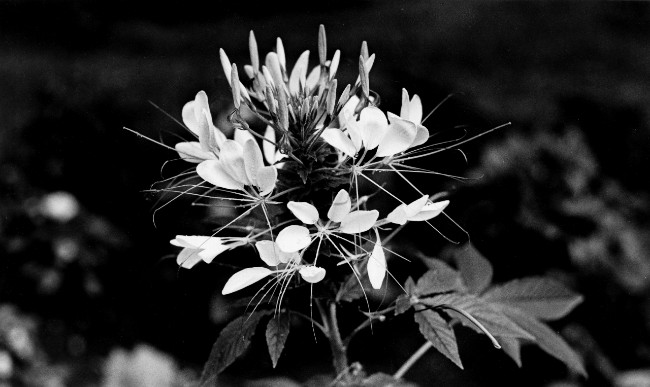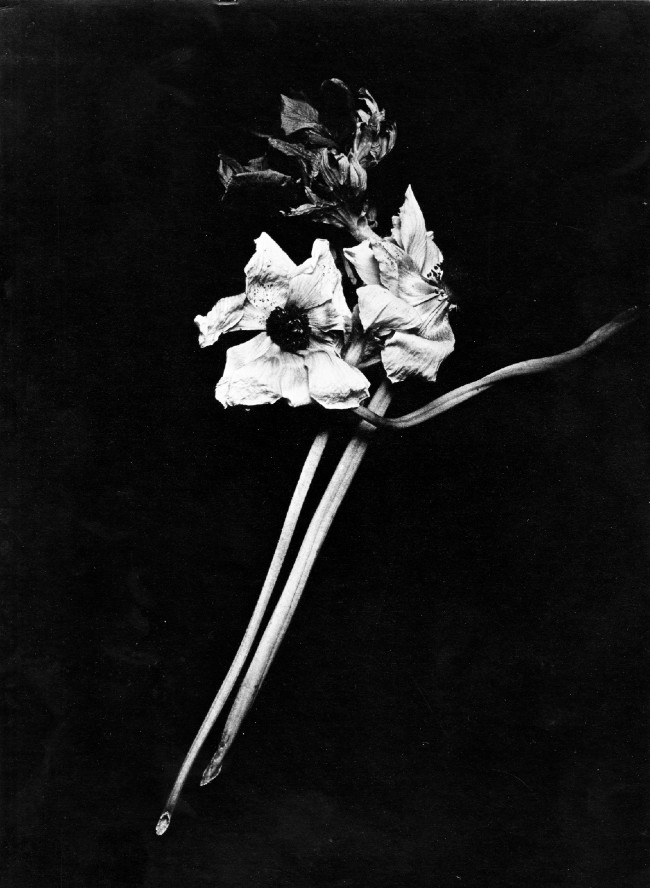Marceline Desbordes-Valmore: Poetry in a Time of Dislocation


- SUBSCRIBE
- ALREADY SUBSCRIBED?
BECOME A BONJOUR PARIS MEMBER
Gain full access to our collection of over 5,000 articles and bring the City of Light into your life. Just 60 USD per year.
Find out why you should become a member here.
Sign in
Fill in your credentials below.
Editor’s note: This is the 10th installment in the series “Poetry in a Time of Dislocation.” Fine art photographer Fern Nesson asserts that the place for art is critical during this time of pandemic, and she has immersed herself in the French poets, translating important works and sharing them as photo essays. This week, Fern focuses on Marceline Desbordes-Valmore, the great poétesse française, born in Douai in 1786.
(Click here for previous installments: Charles Baudelaire, Guillaume Apollinaire, Paul Valéry, Christine de Pizan, Paul Verlaine, Alphonse de Lamartine), Anna de Noailles and Paul Éluard.)
Marceline Desbordes-Valmore, adept poet and inspiration for Rimbaud and Baudelaire, died in1859. Shortly afterwards, French literary critic Jules Janin remarked scornfully that she had already been forgotten. But Baudelaire remonstrated with him:
“Forgotten by whom, I ask you? By those who, feeling nothing, remember nothing. No poet was ever more natural; none was ever less artificial. No one has been able to imitate that charm, for it is entirely original and naive.”

Photographs by my father, Seymour J. Leicher, published in his memory on the 10th anniversary of his death
“Les Roses de Saadi” is one of Desbordes-Valmore’s best poems. The title refers to Gulestan (The Garden of the Roses), a book of poetry by the 13th century Persian poet, Saadi. In his introduction, Saadi recounts a conversation with a friend while walking in the countryside. The friend gathered up flowers in his skirt to take back to town. Saa’di said that the flowers would quickly fade:
“Of what use will be a dish of flowers to thee?
Take a leaf from my garden.
A flower endures but five or six days
But a garden is always delightful.
When I said this, he poured out the skirt of flowers
saying ‘The generous man, if he promises, keeps his word!’ ”
Echoes of Saadi’s text and perhaps of his meaning can be found in Desbordes’ poem.

Photographs by my father, Seymour J. Leicher, published in his memory on the 10th anniversary of his death
“Les Roses de Saadi” (published posthumously in 1860)
J’ai voulu ce matin te rapporter des roses;
Mais j’en avais tant pris dans mes ceintures
Que les noeuds trop serrés n’ont pu les contenir.
Les noeuds ont éclaté.
Les roses envolées dans le vent,
à la mer s’en sont toutes allées.
Elles ont suivi l’eau pour ne plus revenir.
La vague en a paru rouge et comme enflammée.
Ce soir, ma robe encore en est toute embaumée . .
Respires-en sur moi l’odorant souvenir.

Photographs by my father, Seymour J. Leicher, published in his memory on the 10th anniversary of his death
My Translation:
This morning, I wanted to bring you roses
but I stuffed so many into my waistband
that it broke and could not hold them.
scattered by the wind,
the roses were swept into the water
destined to never return–
so many petals that the sea turned red as if on fire.
This evening, my dress is still drenched in their scent—
Come to me and inhale their fragrant memory.
Lead photo credit : Photographs by my father, Seymour J. Leicher, published in his memory on the 10th anniversary of his death



REPLY
REPLY
REPLY
REPLY
REPLY